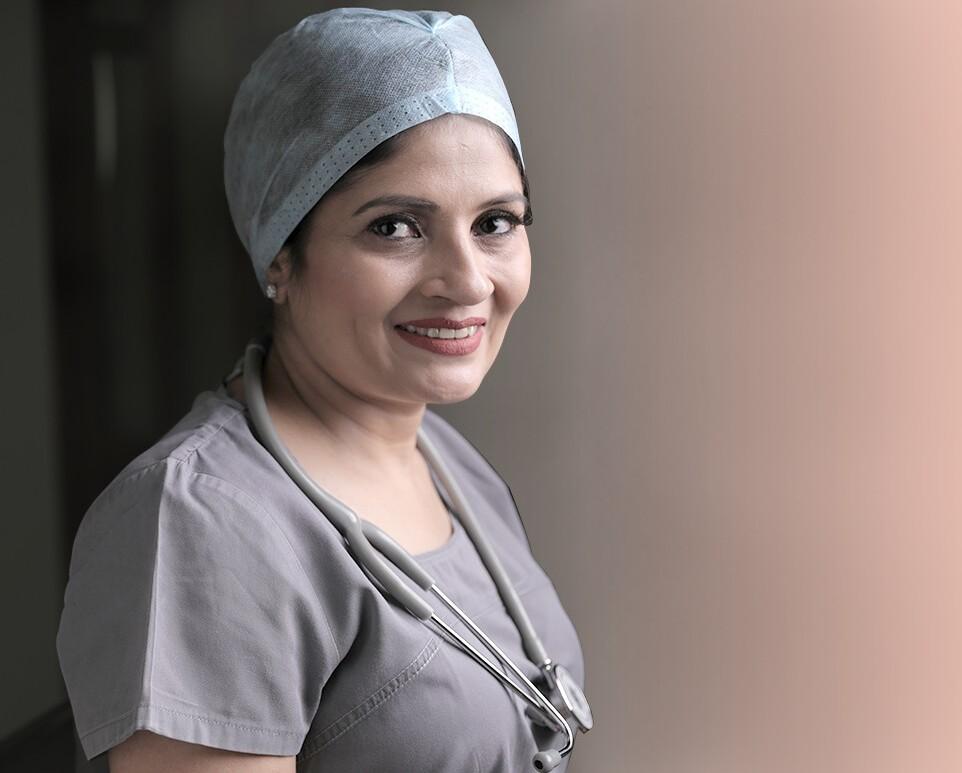There are several couples unable to conceive after having unprotected intercourse for long. To know about the reason why this is happening to them, consultation with a gynaecologist starts. Gynaecologists prescribe some blood tests, ultrasounds and microscope-based tests and detect the causes of infertility. If you are also one of those couples who has been waiting to hear the good news for a long time and now have started to know the reason for your failure attempts then this blog is for you.
In this blog, we added insights taken from Dr. Chaitali Mahajan Trivedi. She is a senior gynaecologist in Juhu, Mumbai. She practises at Nanavati Superspeciality Hospital and provides various infertility treatments for females. Based on those insights, this blog has mentioned the method used by a gynaecologist to detect infertility in women.
What is Female Infertility?
Female infertility is a medical condition with females, especially with their reproductive system which makes them unable to conceive. This medical condition includes various factors. These factors can be identified through various symptoms such as
- Irregular and painful period
- Facial hair growth, acne, pimple
- Unwanted weight gain
- Thyroid
In order to find out the above-mentioned and more infertility factors gynaecologists advice the females to get some tests like-
- Blood test
- Ultrasound of lower abdomen
- AMH Test
- Day chart of the past three to four consecutive menstrual cycles.
- Tube Test
Based on the above-mentioned report, the doctor identifies the reason for infertility. These reasons include-
- Endometriosis
- Blockage in Fallopian tubes
- Uterine Polyp
- Fibroids
- Tubal blockage
- PCOS
- PCOD
These factors impact upon the health of the reproductive system, egg quality and uterus lining. In addition to detecting the causes of female infertility, gynaecologists provide treatments to reverse the condition. Regarding this, some of the female infertility treatments are-
- Topical Medications
Topical medication of iron-folic, multivitamins and more are prescribed. These medications are hormonal balancing tablets. It regulates the flow of hormones and the health of the reproductive system. This procedure ideally requires two to three months.
- Hysteroscopy
It is a non-invasive treatment of the female reproductive system. In this procedure, candidates pass through an anaesthesia-based procedure in which a medical tool is used to vaginally insert to examine and operate the uterine polyp, fibroids and lining.
- ** Laparoscopy**
It is a minimally invasive diagnostic and operative procedure to examine the overall health of the female reproductive system. This procedure delivers a clear image of the uterus and the status of the fallopian tubes and ovaries. Laparoscopy is now utilised for the tubal test and removal of the blockages.
To know more about these treatments in detail one can take consultation with Dr. Chaitali Mahajan Trivedi. She holds more than 26 years of experience and is popular as the most trusted cosmetic gynaecologist in Juhu, Mumbai. One can take consultations and treatments related to the appearance of the genitals. Some of the popular treatments provided by her include hymenoplasty, vaginoplasty, and labiaplasty. Visit Nanavati Super Speciality Hospital today and schedule an appointment with Dr. Chaitali Mahajan Trivedi today.



